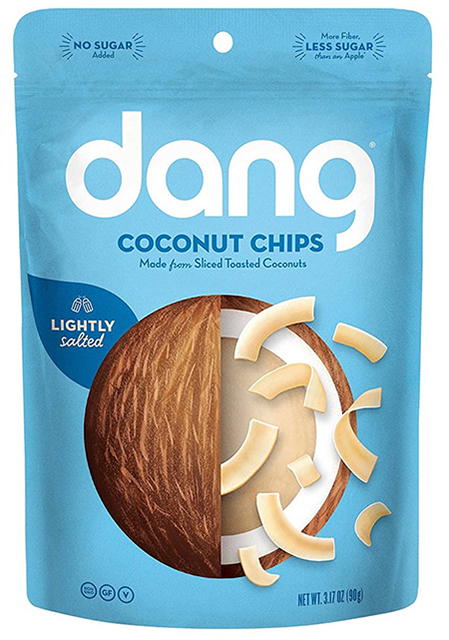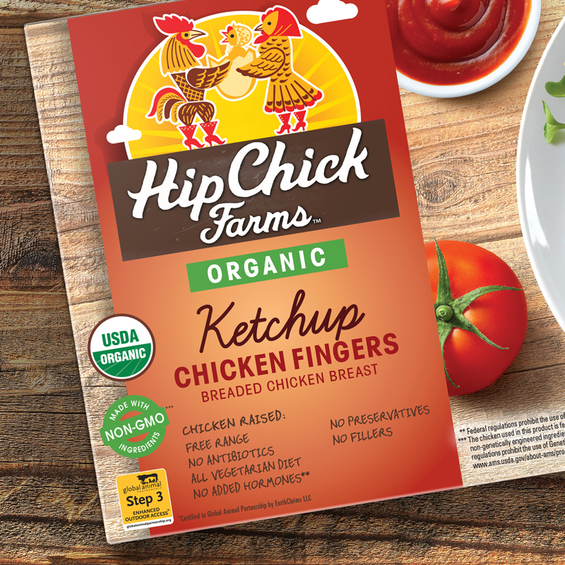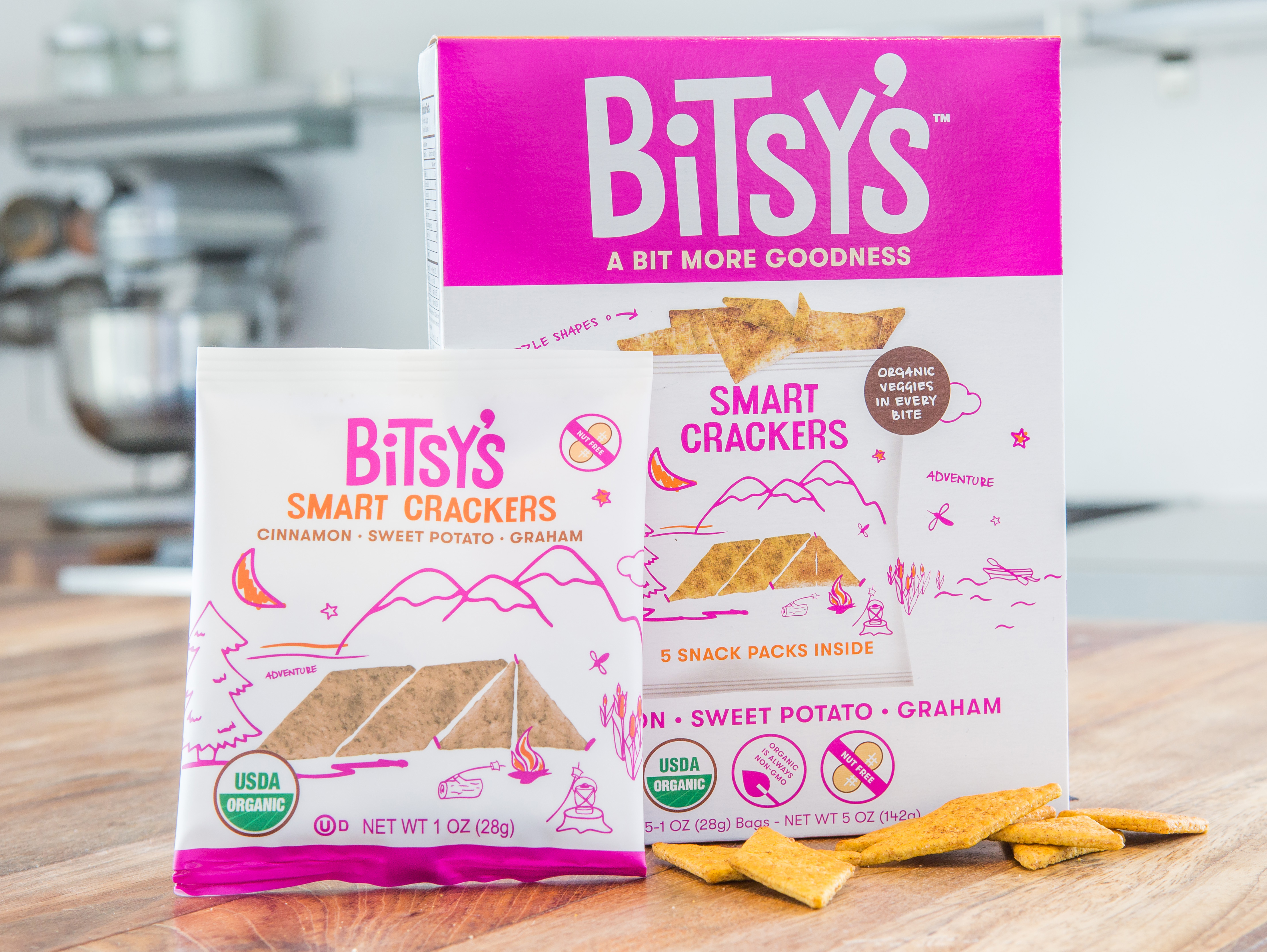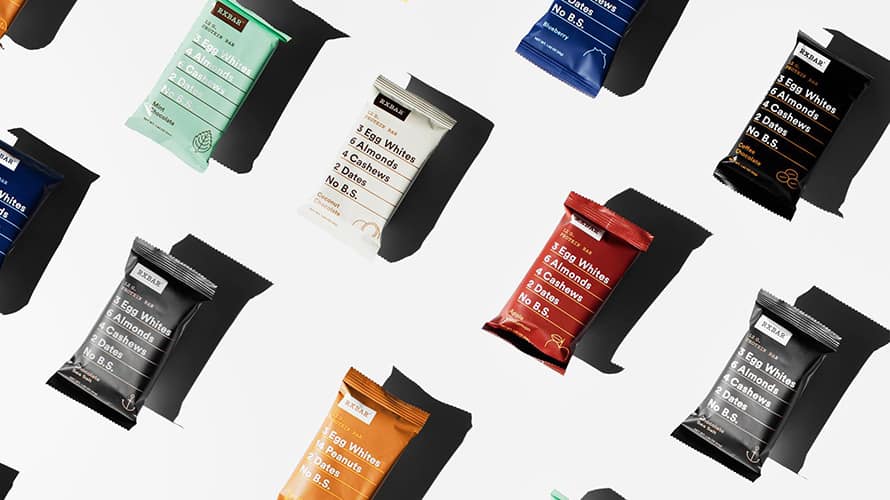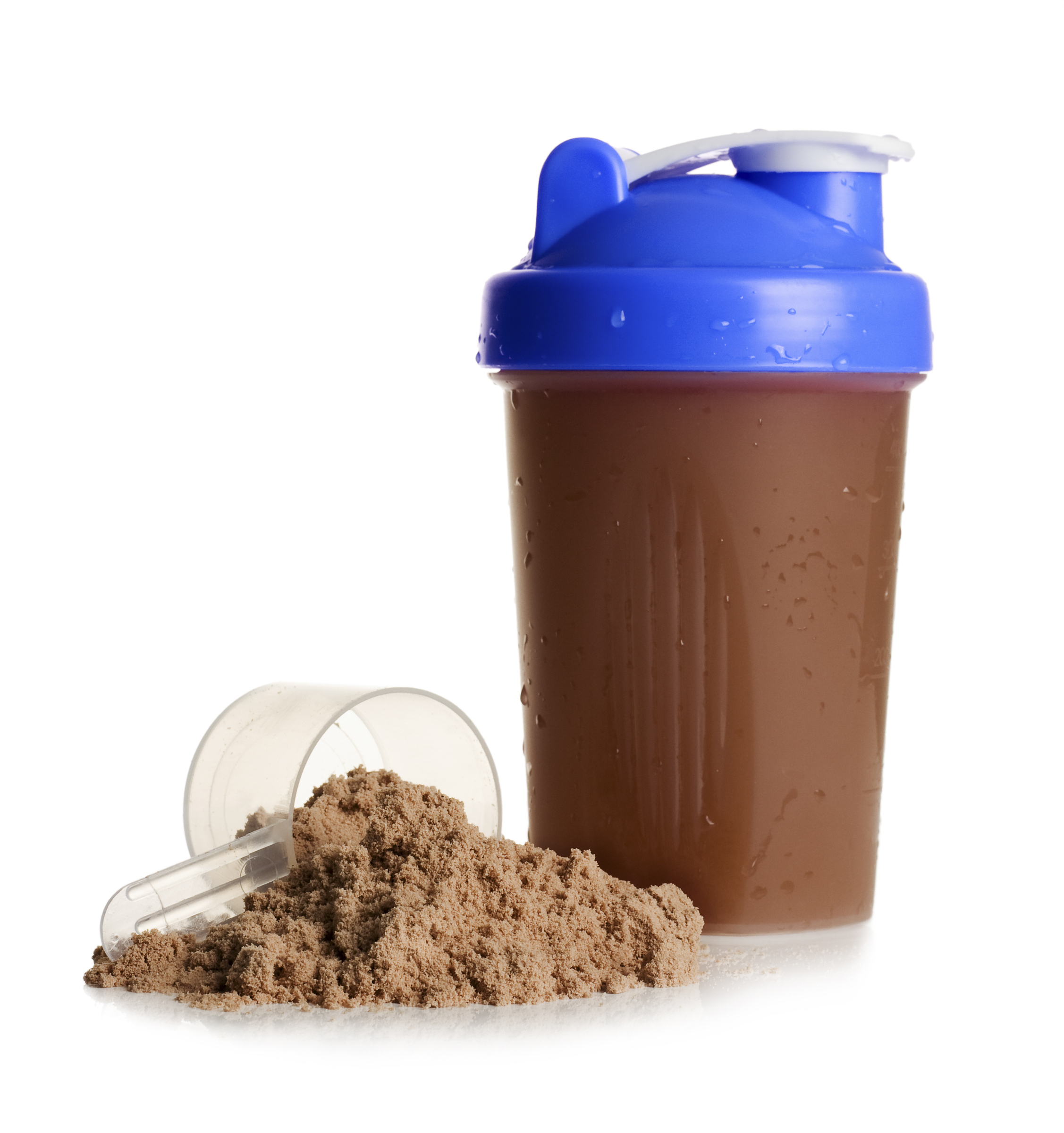
With the increase of weight-training phenomenons like Crossfit and powerlifting, protein and protein powders are getting a huge surge in the world of nutrition. From nuts to pea protein, plant-based protein powders are crowding the shelves of local health food stores and making their way into smoothies across the globe. But what are all these new protein ingredients and where on earth do they come from? Is one protein source better than another? Let’s take a look at the best plant-based protein powder – and some animal protein powder sources – to learn each powder works.
Working with Whey
After milk has been curdled and strained, a thick liquid remains created as a byproduct of cheese production. Whey, as this liquid is commonly called, is then separated from the fat and processed for consumption. Whey protein is arguably one of the best sources of protein available because it contains a large range of essential amino acids, which are absorbed quickly. Whey protein is proven to help you increase strength, gain muscle, and lose fat. The only problem? Vegans and those allergic to milk need to look elsewhere for their protein supplements.
Boosted with Bone Broth
True, it’s not a plant-based protein, but these days, it seems like bone broth is the magic cure-all. Whether you think it’s ridiculous to shell out upwards of $15 on glorified chicken broth or you’ve hopped on the bone broth bandwagon, the fact is that companies and consumers worldwide are gobbling the stuff up. Take Ancient Nutrition’s Bone Broth Protein. This protein supplement delivers the benefits of homemade bone broth and supports joints, skin, muscles, and digestion. Plus, it’s dairy-free, gluten-free, and Paleo-friendly, so it’s suitable for all non-vegan gym buffs. The company eschews chemicals and new-fangled supplements in favor of traditions and nutritional principles that have been tried and tested throughout history.
Pick Pea
Pea protein is the perfect option. Plant-based eaters can add this veggie protein powder to their diets without the unwanted side effects that usually come along with protein powders like bloating and allergies. Pea protein is a “complete protein,” made by drying and grinding peas and legumes into a fine flour and removing the fiber and starch. This leaves you with mostly protein with vitamins and minerals. For a taste of plant-based protein, try Purely Inspired organic protein shake that boasts a whopping 20 grams of pea-tastic protein.
Go Nuts for Nuts
Another plant-based protein that’s lining the shelves is nut-based protein powders. Nut enthusiasts (and the non-allergic) will go nuts for peanut and Brazil nut-based powders. Nuts and nut-butters typically contain a large amount of fat and calories, but turning them into powders removes some of the bad-for-you elements. Take Raw Power’s Brazil Nut Protein Powder that boasts raw, organic, and vegan protein. It delivers the nutrients of Brazil Nuts without the fat calories. PB fit’s peanut butter powder is also a great way to add protein to your smoothies with 90% less fat and ⅓ of the calories of a scoop of peanut butter.
Whatever you decide is best for your body and your diet, these natural protein powders are a great way to bolster your diet and consume some post-workout recovery fuel. Bump your smoothies up to the next level with one of these good-for-your-body protein powders.
And the Best Plant Based Protein Powder Is…
For it’s appeal to the broadest swath of humans and mostly non-allergenic qualities, we choose pea protein as the best plant-based protein powder.

